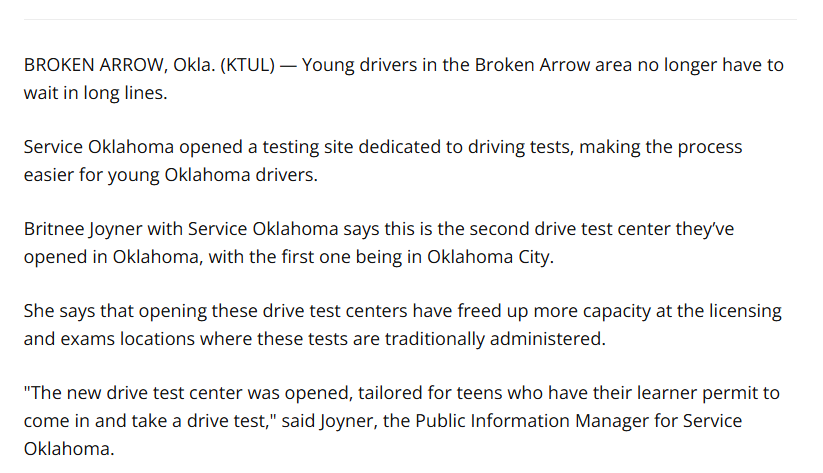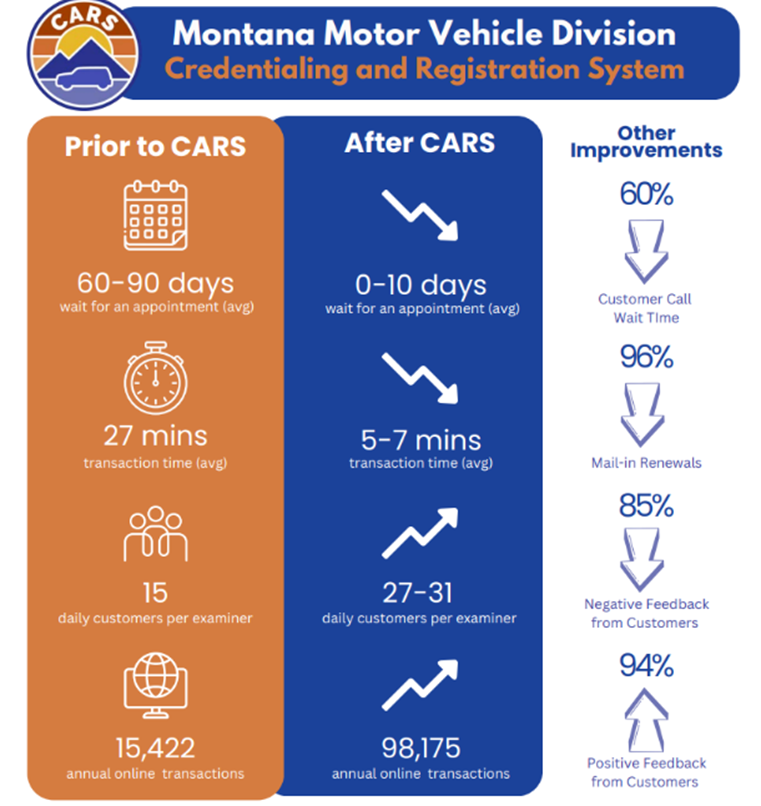This award is presented to jurisdictions for improving internal processes by going green, reducing costs, streamlining processes, and/or doing more with less.
This is an agency award and is awarded one per each region and among those, an international winner is selected.
Each agency may submit only ONE entry.
Criteria for selection:
- Outcomes are cost savings, efficiency gains
- Outcomes are measurable
- Project/program received other awards or positive feedback
2025 Winners
International and Region 3
Iowa Department of Transportation, Motor Vehicle Division
Iowa MVD Driver Issuance Basics Workshop
Iowa DOT’s Motor Vehicle Division successfully launched the Driver Issuance Basics Workshop, a hands-on, in-person training experience designed to improve the consistency and quality of onboarding for new MVD and County Treasurer driver issuance staff. This workshop represents a new standard in staff development, ensuring all driver issuance personnel receive uniform training aligned with our state and agency’s policies, procedures, and best practices. By implementing a standardized, supportive training model, Iowa DOT MVD aims to improve employee retention, reduce turnover and associated hiring costs, while supporting commitment to providing a consistent and positive customer experience to customers across the state.


